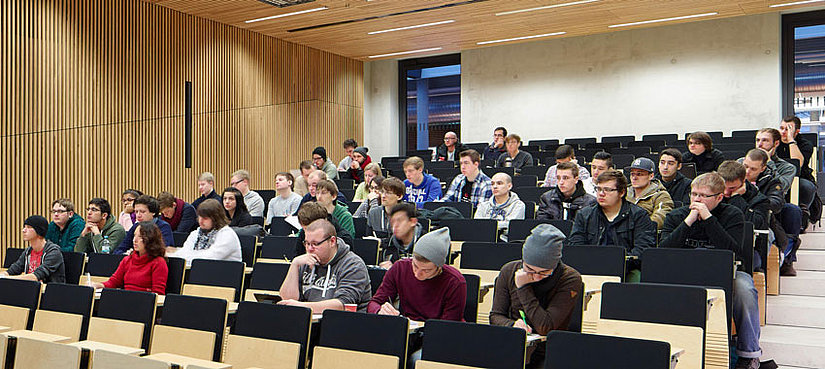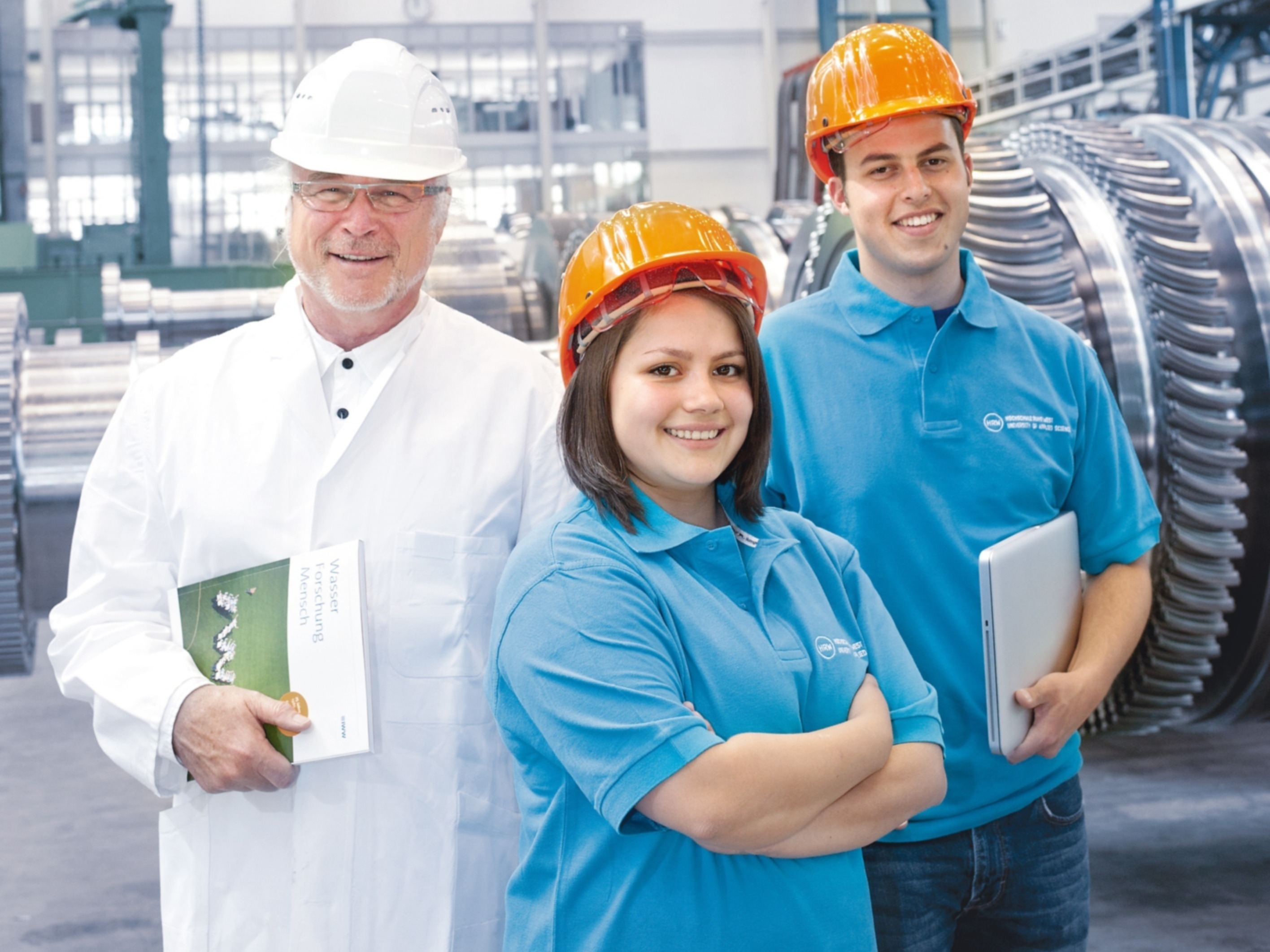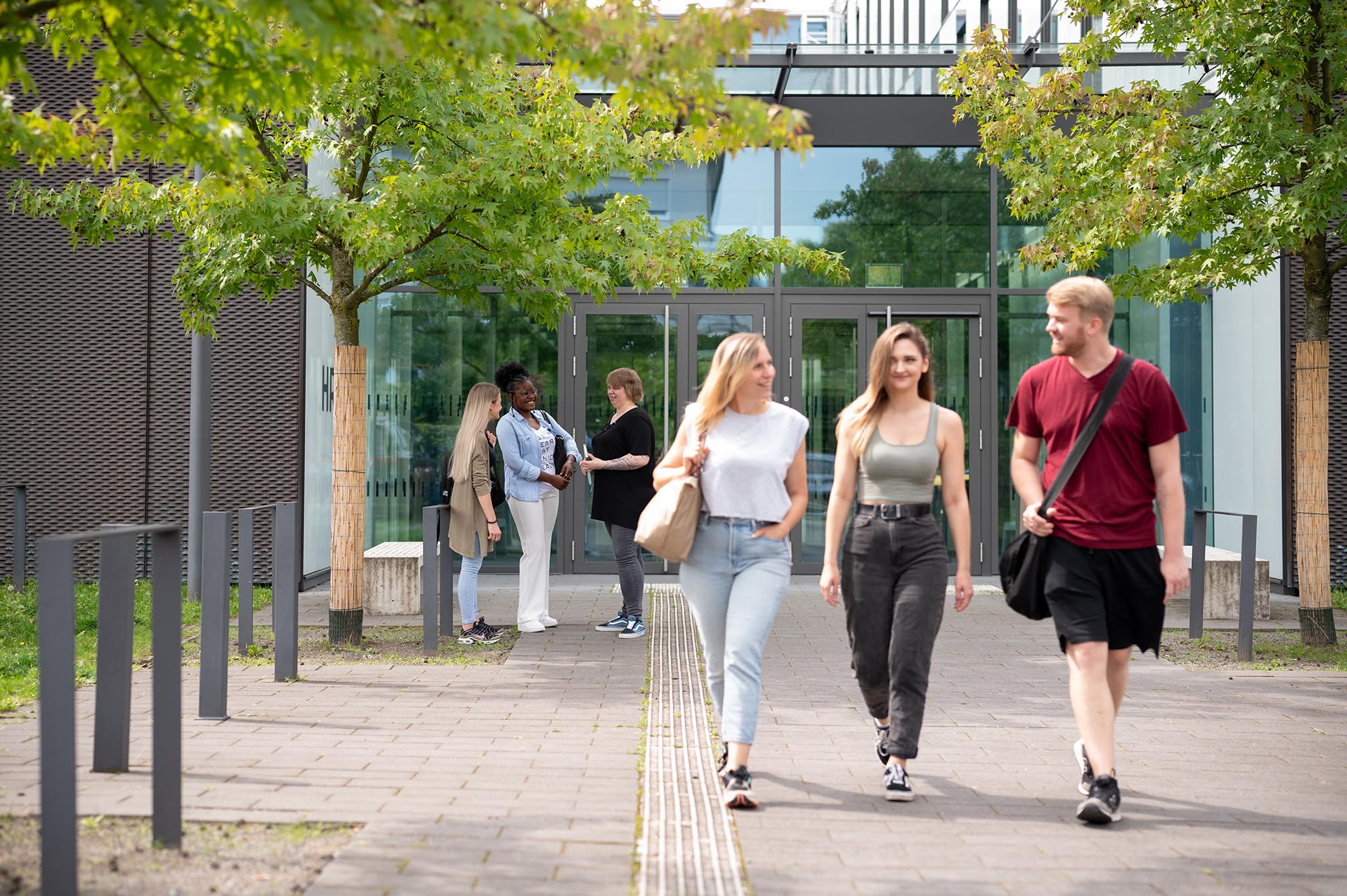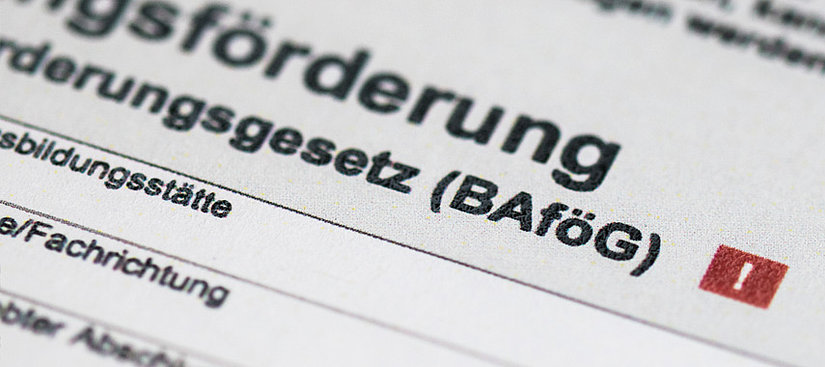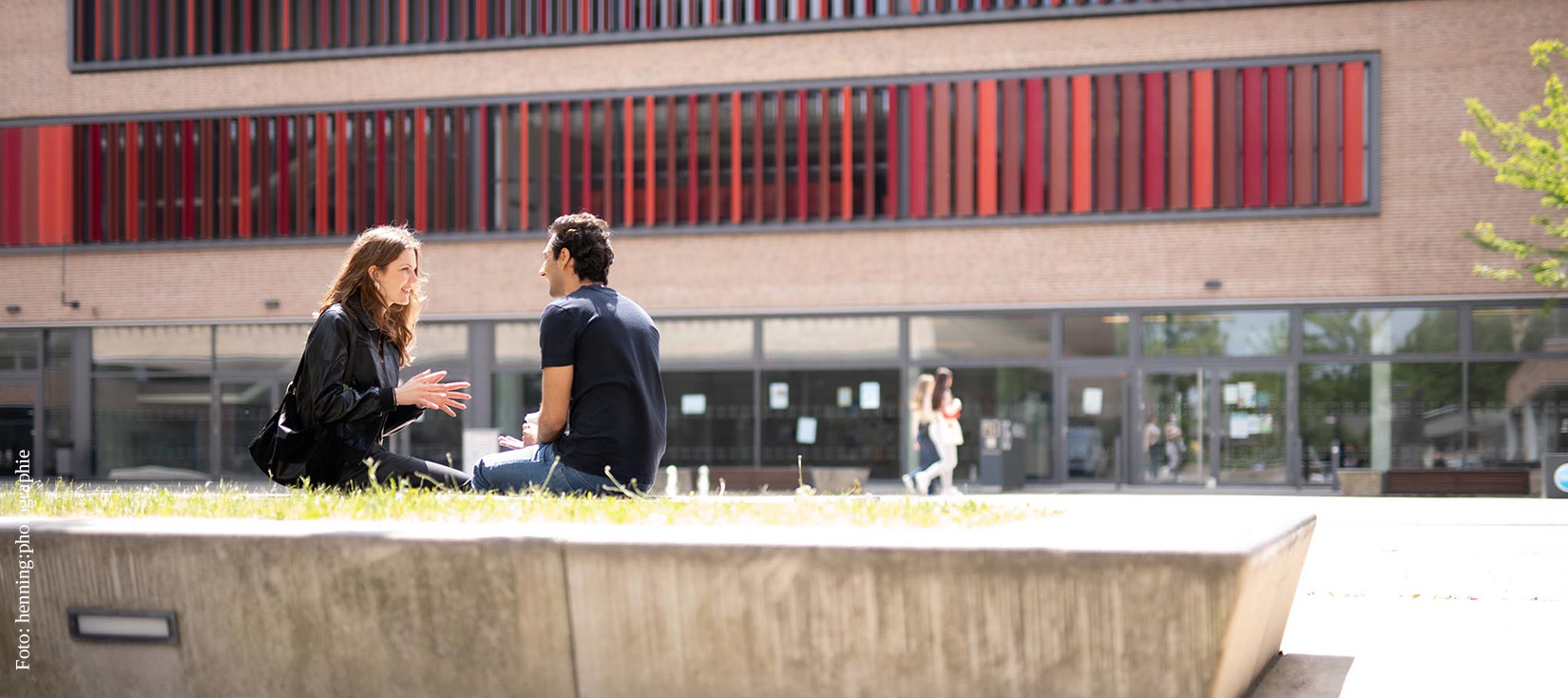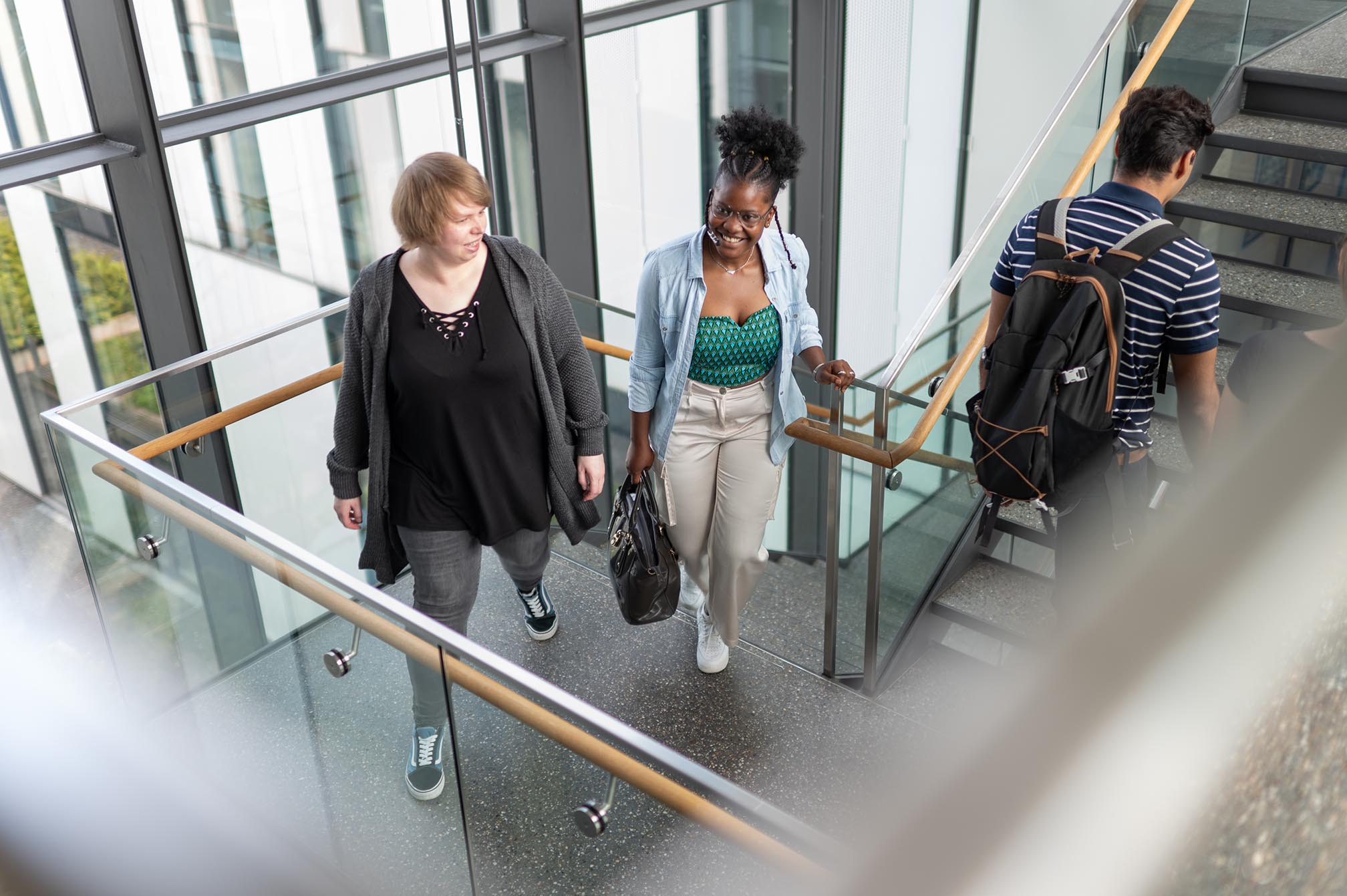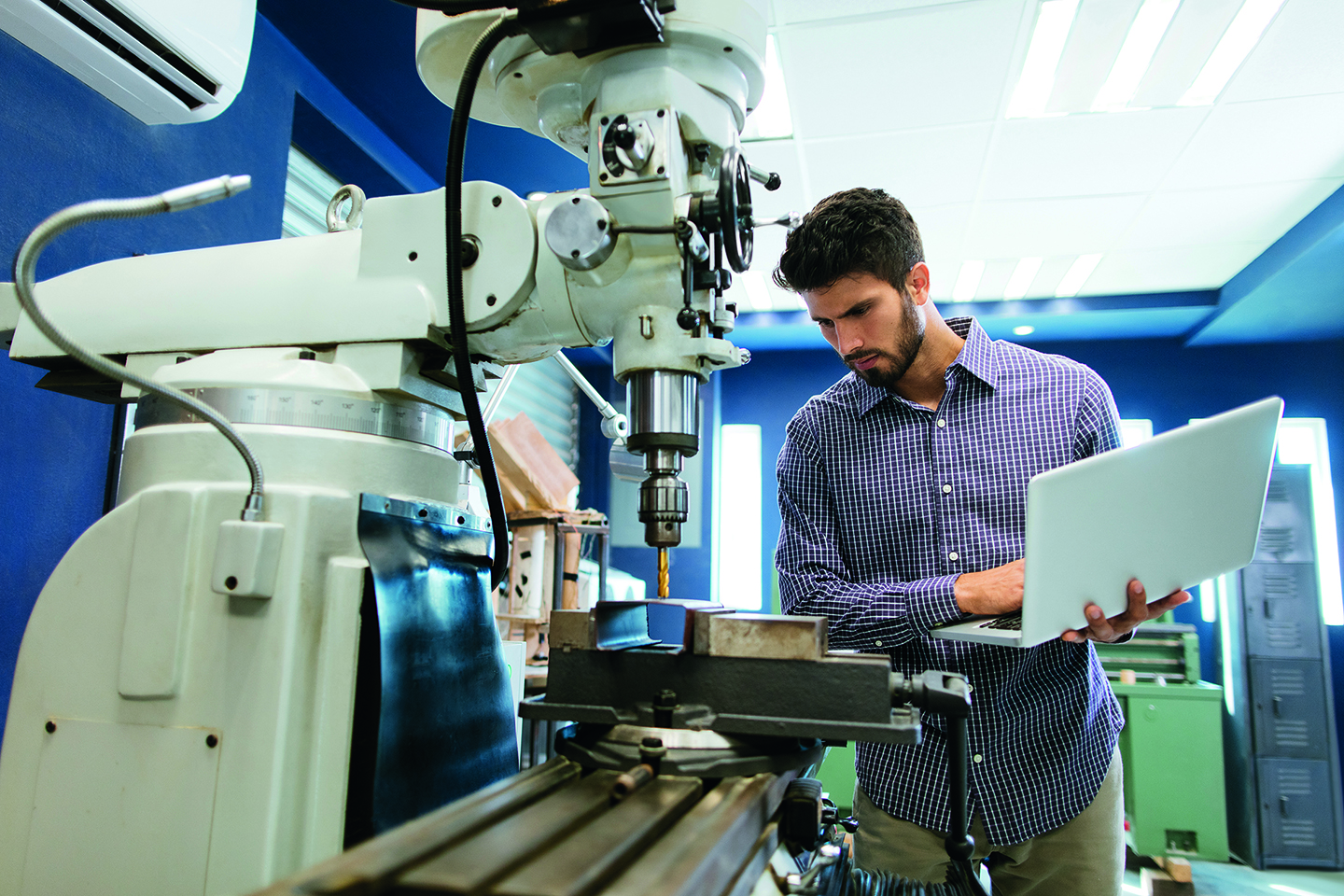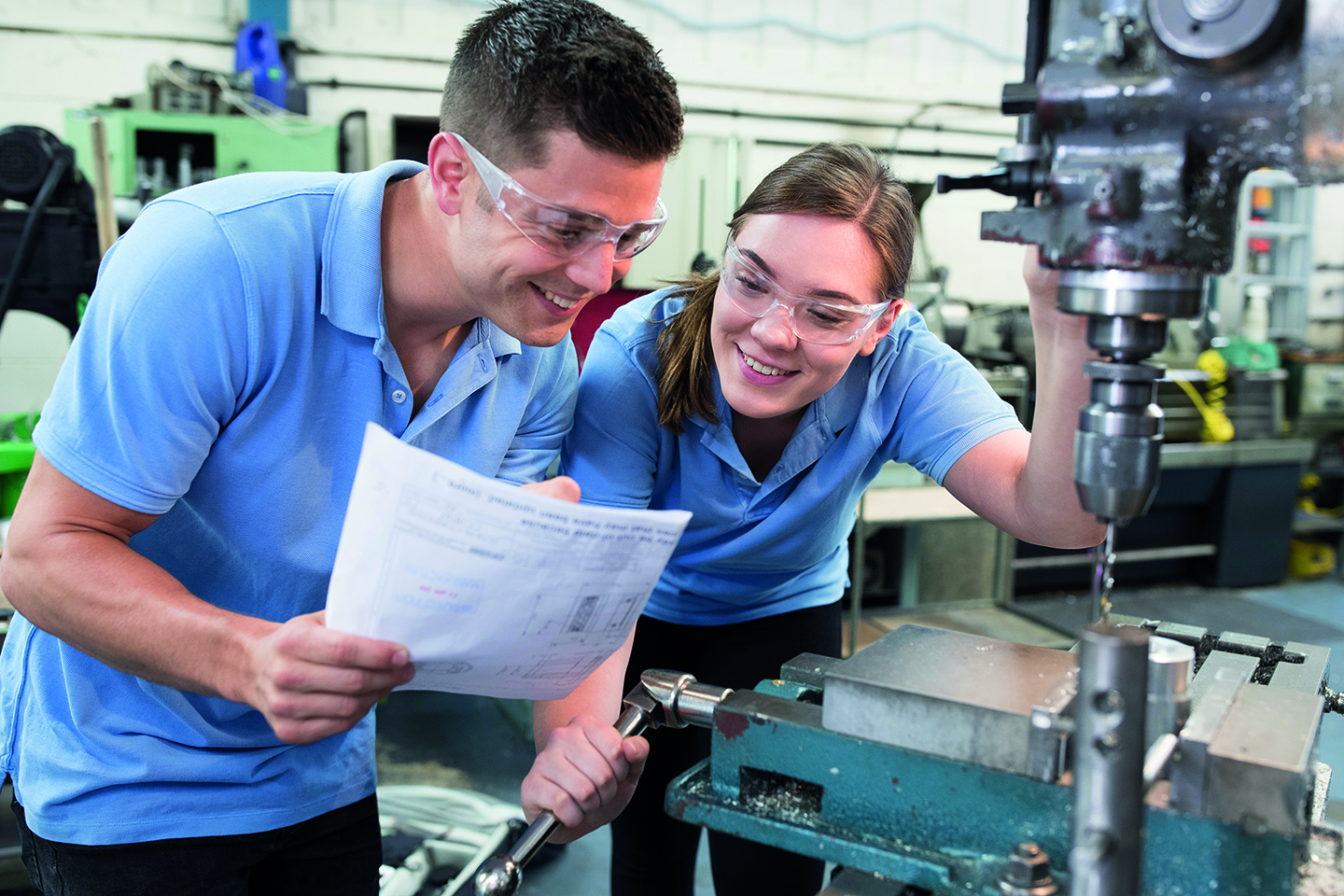Study
Never Stop Growing
It is a promise to provide the conditions for this, as well as an invitation to surpass oneself. As a university of applied sciences, it makes this offer to all young people - women and men alike, regardless of their social, cultural or ethnic background. The HRW gives people from non-academic households or with a migration background the opportunity to play a formative, valuable and accepted role in our society.
Prospective students who want to study with ambition, passion and enthusiasm will find the right environment at the Ruhr West University of Applied Sciences to realise their own potential. That is why HRW's motto is "Never stop growing!"
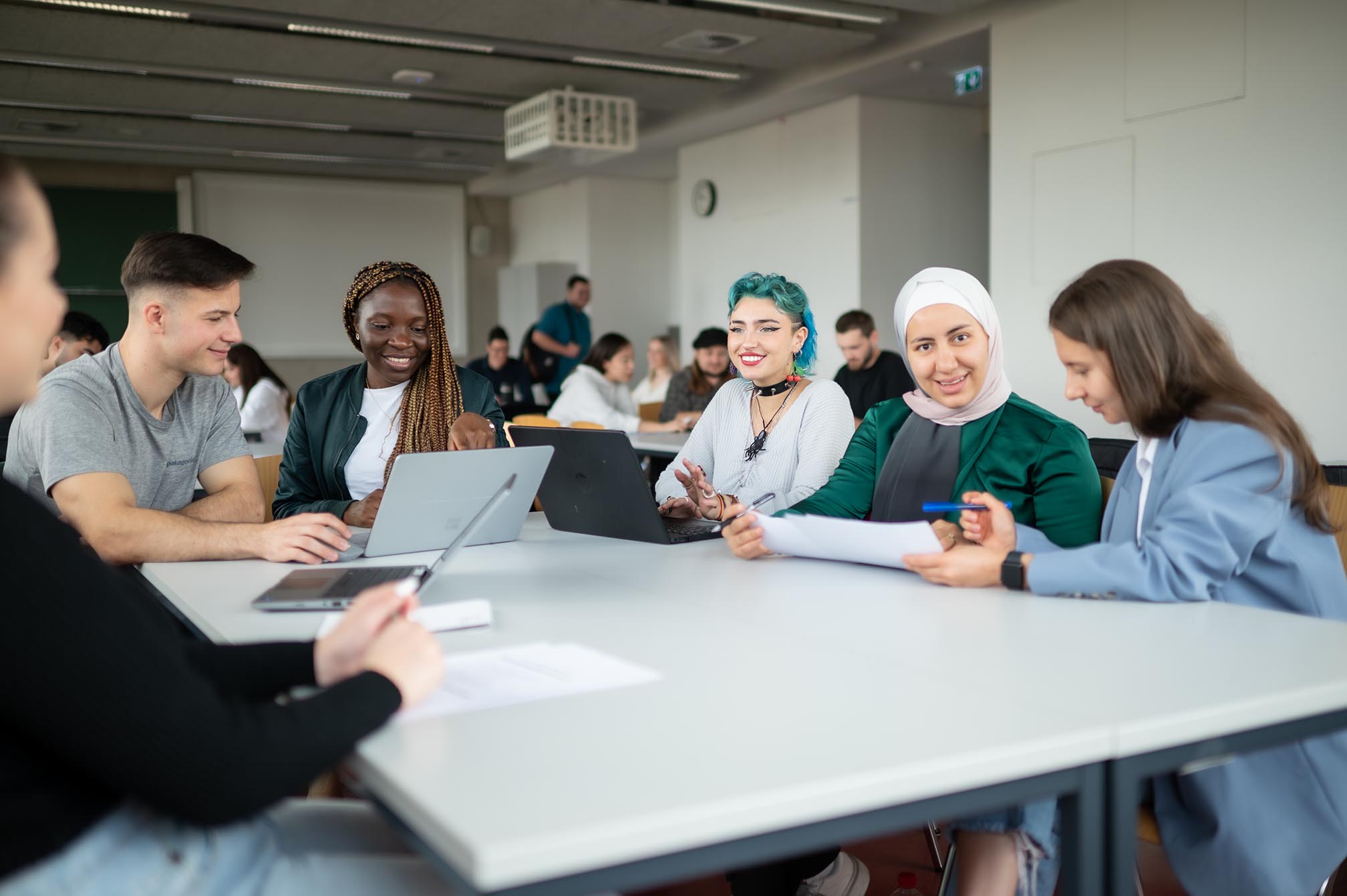
Studying at the HRW means
- learning in small groups
- practical training
- modern equipment in the lecture theatres and laboratories
- high quality of teaching
- good accessibility of the campus
- living in a metropolitan region
Founded in 2009, HRW has around 5,600 students at its campuses in Mülheim an der Ruhr and Bottrop. Located in the heart of the Ruhr metropolis, it is characterised above all by its family atmosphere, the proximity to its teaching staff, the diversity of its employees and students and its open university culture. It currently offers 22 Bachelor's and eleven Master's degree programmes in the fields of computer science, engineering, mathematics, natural sciences and economics. In addition to teaching, application-orientated research by academics is a mainstay of the university.
Two guiding principles are pursued at the HRW:
1) Young people receive a highly qualified education at the HRW.
2) HRW students are in demand from industry before the end of their studies.
Studying at the HRW means very practical teaching with young lecturers, small groups and above-average intensive support. Most students work and study at the central campus in Mülheim on Duisburger Straße. In October 2014, a new 11,400 square metre building was inaugurated in Bottrop, which houses lecture theatres, a canteen and a library as well as the institutes of Computer Science and Energy Systems and Energy Economics. It is proving to be a real innovation campus for the approximately 1,500 students, not only because innovations are researched here, but also because the entire building is used as an energy laboratory for research and teaching.
